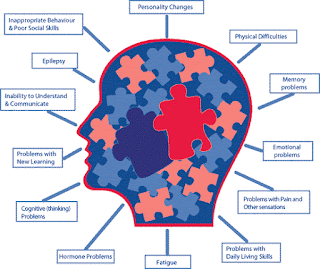Partial Knee Joint Replacement Surgery – What’s the Outlook?

Overview Partial knee joint replacement surgery , or simply partial knee replacement, is a surgery like total knee replacement , but to replace only one part of the damaged knee. It is usually done to replace either the inside (medial) part, the outside (lateral) part, or the kneecap of the knee.The most common reason people have a knee joint replaced is to ease severe arthritis pain. Read also: How to Reduce the Risks of a Knee Replacement Surgery? What’s the Outlook? The usual prognosis is that most people are able to recover quickly and have much less pain than they did before surgery. People who have a partial knee replacement recover faster than those who have a total knee replacement. Many people are able to walk without a cane or walker within 3 to 4 weeks after surgery, but usually need physical therapy for 4 to 6 months. Most forms of exercise are also okay after surgery, including walking, swimming, tennis, golf, and biking. However, high-i
